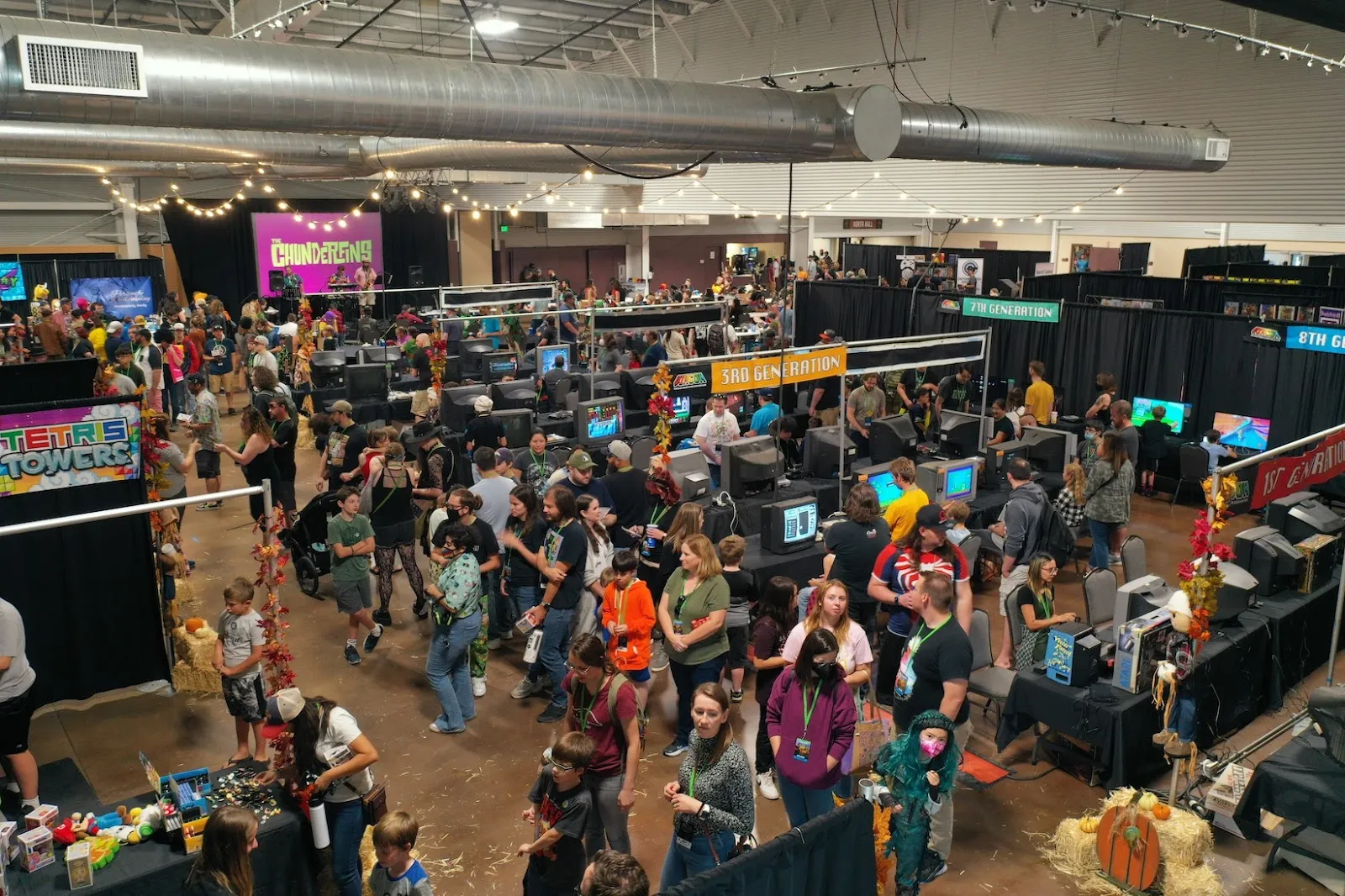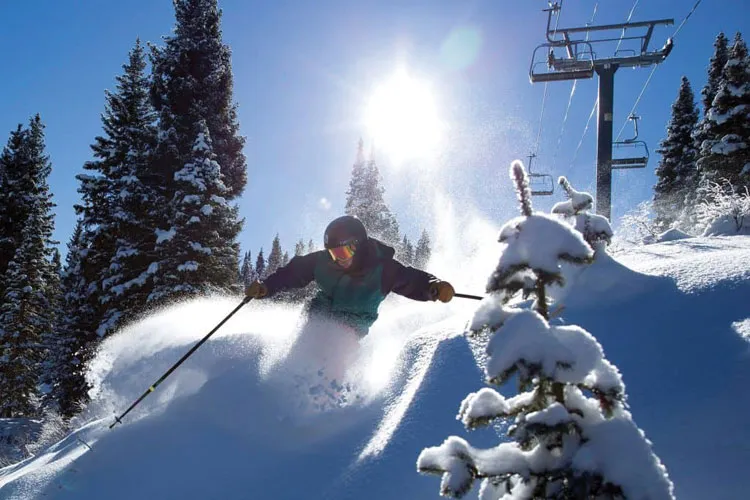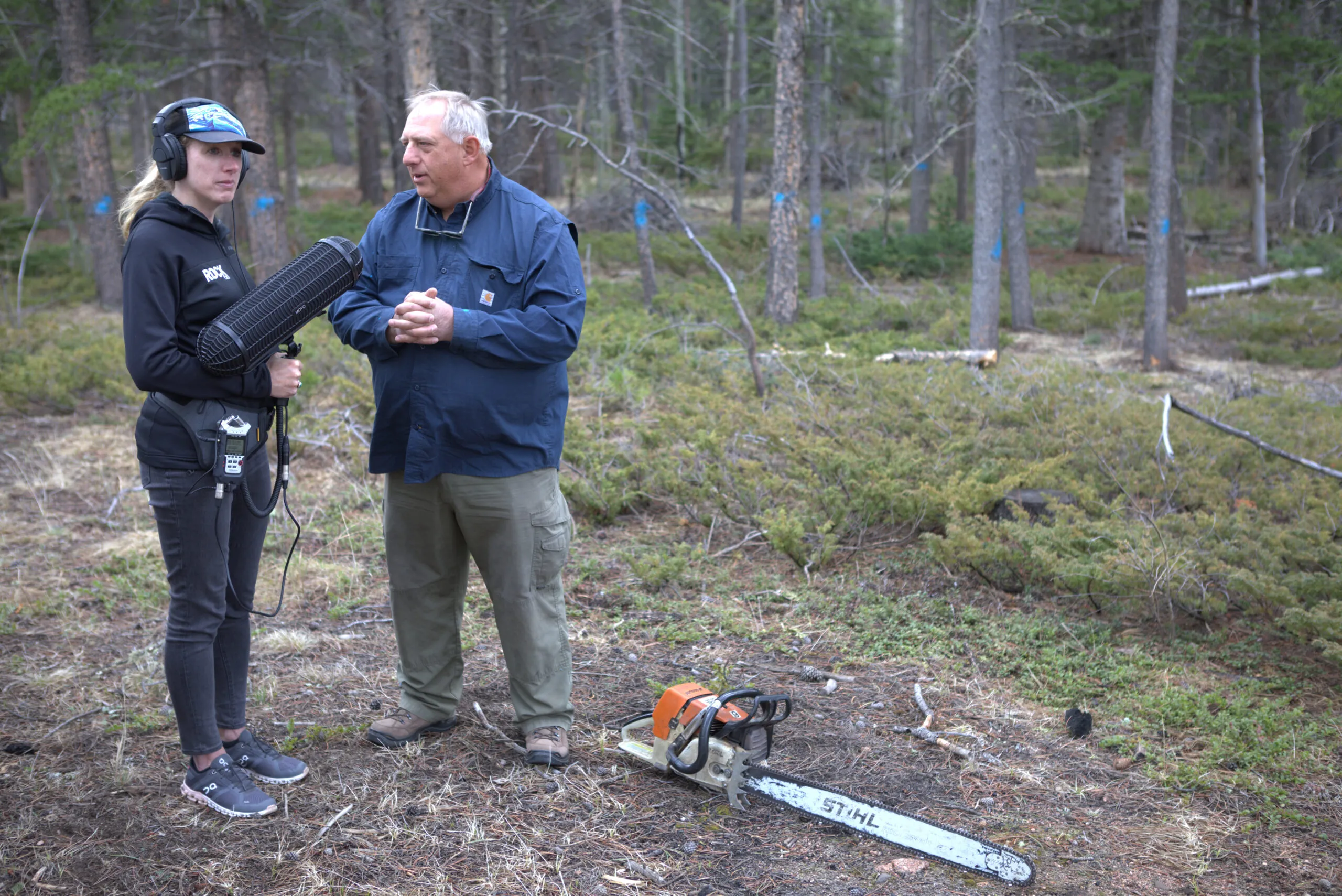Writers create formal place for poetry
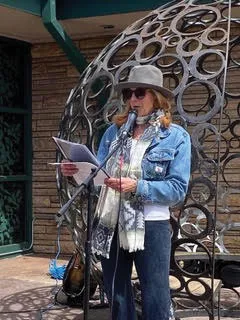
The towns and cities of Northern Colorado aren’t “big city,” but similar to the nation’s hotspots, places like Loveland and Fort Collins have a vibrant poetry scene.
Poets can learn about the art and craft of poetry at classes and workshops, read their creations at open mics or poetry readings, and join writing groups. What they’re doing is catching on to “non-poets” wanting to learn the craft and audiences wanting to be entertained beyond the typical movie or play.
In some municipalities, the Poet Laureate serves as a hub for connecting poets to opportunities and audiences with the aim to increase the appreciation of reading, writing and listening to poetry.
SPONSORED CONTENT
“In the major cities like New York and Chicago there are bigger programs,” said Lynn Kincanon, Loveland Poet Laureate for 2022 to 2024 and a poet who collaborates with other poets, artists and musicians to create new work. “For a small city, we have a very sophisticated program. The city recognized it as a program and chartered us in 2019.”
Loveland poet Veronica Patterson served as Loveland’s first Poet Laureate from 2019 to 2022, normally a two-year term but with the COVID-19 pandemic, it extended to three years. The eight-member committee including the Poet Laureate donates hundreds of hours to bring events and programs to Loveland, oftentimes in collaboration with other groups and organizations.
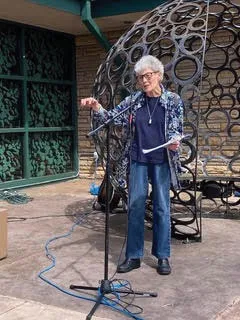
“(Poetry) has come into its own as an art form,” said Wolfe of Fort Collins, president of the Northern Colorado Chapter of Columbine Poets and membership secretary of the state poetry organization. “It’s most well-known in Loveland because it has been centralized through the Poet Laureate program down there. … The other communities don’t have one centralizing locale to find out about poetry events and to lead the community as visibly as Loveland has.”
One of the Loveland Poet Laureate events is the biannual Friday poetry readings and Saturday workshops, something that started more than 10 years ago and now is handled by the Poet Laureate committee. The committee invites a well-known poet to give a reading, usually at the Rialto Theater, and lead a workshop in the Deveraux Room on poetry terminology and techniques with the inclusion of prompts. This May, the poet will be Rosemerry Wahtola Trommer, the Colorado Western Slope Poet Laureate for 2015 to 2017 — she encouraged poets to write a poem-a-day during her visit to Loveland in 2014.
“The poets who we bring here are well respected poets. They bring new ideas, new ways to think about poetry and to write poetry,” Kincanon said. “People come away with a new way of looking at poetry and at the world.”
The Poet Laureate program took over the work of the Regional Poets, which started nine to 10 years ago hosting four seasonal poetry readings and open mics at the Loveland Museum that celebrate the solstice and equinox. The Regional Poets are Kincanon, Patterson, Lorrie Wolfe and Evelyn Bingham, who invite 12 featured poets to do short readings and open up the mic for poets, musicians and other artists to read or perform within a time limit. Performances were conducted over Zoom during the pandemic and now are in person, except the winter reading, which remains on Zoom.
“I do think that the pandemic times actually connected poets in some new ways,” Patterson said. “People got to meet new poets, hear new poets and their passions in a lot of ways. That’s been really wonderful even though that time was hard.”
Another Poet Laureate program is the Thursday Night Readings four times a year when one or several poets are invited to give a reading and sell their work at the museum or the Devereaux Room. There also is an open mic the last Friday of the month at Artisans Kitchen, hosted by Kincanon and Longmont poet Courtney Collins.
“We get new people who have never been on stage before and feel comfortable to read their poetry for the first time, which is thrilling for us to see,” Kincanon said. “It gives you an opportunity to express yourself, use your voice and feel comfortable doing so in a safe environment.”
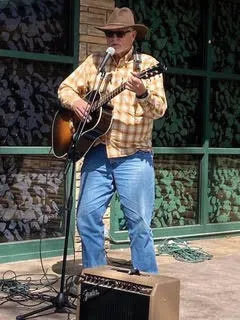
The Poet Laureate program’s Encountering a Poet invites poets to teach a workshop at the Loveland Public Library in the style of a famous poet by focusing on the poet’s life and work and including prompts. The library provides the venue and a stipend for the instructing poet — there are two programs in the fall and two in late winter.
“We are very approachable, very desirous of having community members involved in our organization,” Kincanon said. “We have a lot going on in this community at all levels, all skills of writing.”
The workshops hosted by the Poet Laureate program often are full with a waiting list, Patterson said.
“People talk to each other and learn about each other’s poetry,” Patterson said. “There’s more and more support in that way.”
The Poet Laureate program also provides National Poetry Month events in April and hosts high school poetry contests and kids poetry events.
“There are all kinds of wonderful, exciting, connecting things happening, and they’re all supportive,” Patterson said. “People are starting to hear many more voices.”
Fort Collins has a Poet Laureate program started by Wolverine Farm Publick House in 2011 to increase poetry appreciation in the city. Ally Eden is the Poet Laureate for 2022 to 2024, a self-taught people’s poet who likes to blur the line between spectator and creator. She co-founded Gulo Gulo, a free workshop and open mic with a featured performer the third Tuesday of the month at Wolverine Farm. The Bean Cycle, also in Fort Collins, hosts a poetry slam the first Friday of the month that follows the traditional poetry slam format.
“Wolverine Farm … has been the epicenter of poetry practice. … Wolverine hosts open mics, writing workshops and readings,” said Kathleen Willard, Fort Collins poet. “Sign up for Lorrie Wolfe’s poetry calendar, and you will know of every poetry event in Northern Colorado and beyond. Take some of Marj Hahne’s online poetry classes, and your work will be enriched.”
Wolfe sends out emails three or more times a week with mentions of free, low-cost and affordable poetry events, open mics, readings, workshops, classes and conferences in Northern Colorado and on Zoom, as well as contests and publishing opportunities, to a list of 350 people from primarily Colorado. She started the list four or five years ago to make announcements to friends, and it grew from there, she said. (Email her at lorrie.e.wolfe@gmail.com to join.)
“My goal is, first, to support poets and poetry and, second, to build an audience for poetry events. And that seems to be working,” Wolfe said. “There’s a secret among writers that many prose writers are also poets, but they don’t share their poetry in public. … I think people need to get over the discomfort of saying aloud, ‘I am a poet.’”
Poets can connect in other ways, too, such as traditional and self-publishing, journals, email distributions, blogs or social media to get their work out to readers. They can attend writing workshops and conferences, such as those put on by local poets and the Writing Heights Writers Association in Fort Collins, or look to poetry and writing magazines like “Writer’s Digest” and “Poets & Writers” for listings of publications, journals and contests. They also can get involved in critique groups, such as DazBog Poets that meets on Zoom the second Saturday of the month, and the Metaphors, which meets at a member’s home the third Sunday.
“It’s a beautiful morphing of kindred spirits coming together sharing language and our passion for poetry. … We give ourselves wonderful feedback on our poems,” said Metaphors member Maria Maldonado-Dunn, a Loveland poet published in anthologies, who has been writing poetry for more than 30 years. “It’s all loose, a diplomatic group.”
Maldonado-Dunn and the other three members respond to a prompt before the meeting, then critique their poems when they gather, reading poetry and doing a writing exercise.
“Some of my best poetry comes from the prompt,” said Maldonado-Dunn, who is active in many of the organized workshops and readings in Loveland. “I always, always learn a lot. I feel like any passion has many layers. The more you do it, the more you realize you can learn from everyone.”
Poets can get involved with Columbine Poets, a statewide poetry association of 120 members that supports poets and the love of poetry and the sharing of poetry. The association has member contests and connects with additional contests through its affiliation with the National Federation of State Poetry Societies. It also has an annual conference in September where it announces the contest winners and provides workshops and readings presented by poets.
“Locally, it provides a way for poets to have a central and supportive organization,” Wolfe said.
Businesses also support poetry, like R Gallery + Wine Bar in Boulder, which holds monthly open mics and readings hosted by the Colorado Poets Center, and Artisans Kitchen, which has the last Friday open mic.
“We welcome people’s new ideas and ways of responding to poetry,” Kincanon said. “We want to encourage people who have ideas to begin to enact them with the support of the Poet Laureate program and on their own.”
The towns and cities of Northern Colorado aren’t “big city,” but similar to the nation’s hotspots, places like Loveland and Fort Collins have a vibrant poetry scene.
Poets can learn about the art and craft of poetry at classes and workshops, read their creations at open mics or poetry readings, and join writing groups. What they’re doing is catching on to “non-poets” wanting to learn the craft and audiences wanting to be entertained beyond the typical movie or play.
In some municipalities, the Poet Laureate serves as a hub for connecting poets to opportunities and audiences with the aim to increase the…


